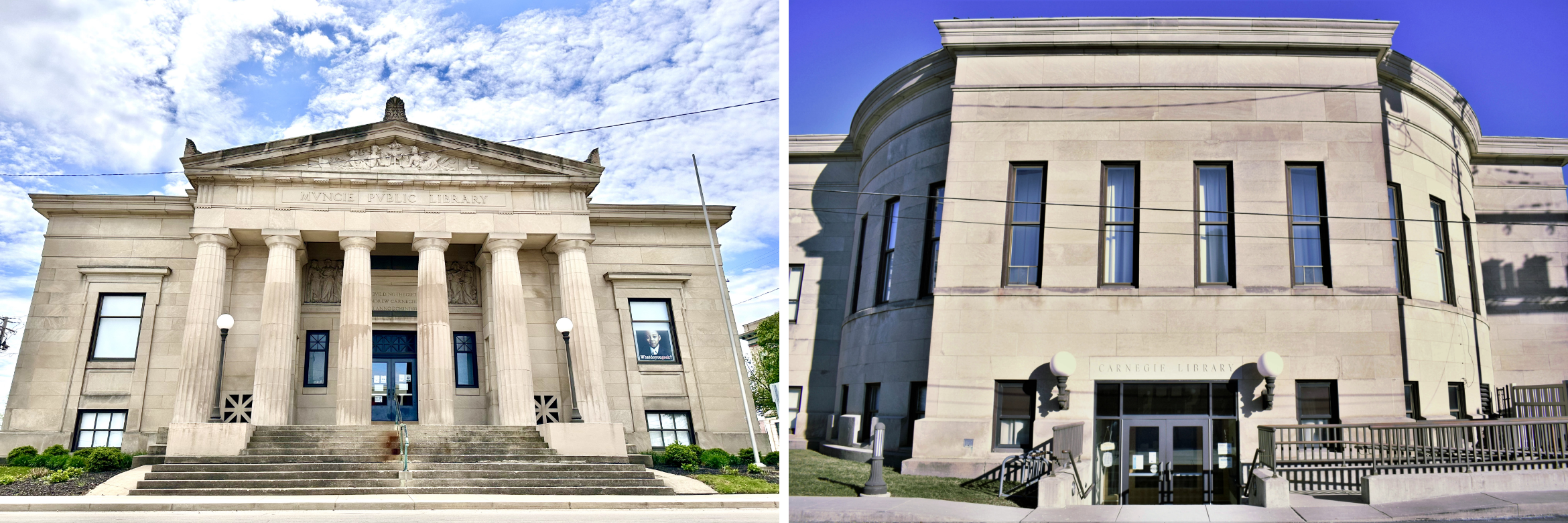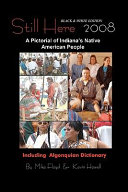
About Carnegie Library
Located in Downtown Muncie, the historic Carnegie Library is a specialty library that houses the Local History & Genealogy collection. Carnegie Library also provides free public access computer use, free Wi-Fi, low-cost printing and copying, free programs on a variety of subjects, and community meeting space. Carnegie Library was built in 1902 and opened to the public in 1904. It has been in continuous use as a library since its opening and is on the National Register of Historic Places.
Upcoming Events
Global Perspectives at the Movies "The Way Home" (2002, PG)
DAR
The Madness of John Terrell: Revenge and Insanity on Trial in the Heartland
Library Services
Accessibility
Muncie Public Library strives to provide services, collections, and spaces to everyone in a welcoming, accessible environment. To request reasonable accommodations to participate in a program, fill out a Disability Accommodation Request form at least one week in advance.
Ask for Recommendations
Are you in search of your next book or movie? Fill out an Ask for Recommendations form and let us suggest some for you!
BookPage
BookPage is an independently published recommendation guide for readers, highlighting the best new books across all genres as chosen by BookPage editors. Pick up a free copy at the library or MITSbus station each month while supplies last, or subscribe to the free newsletter.









